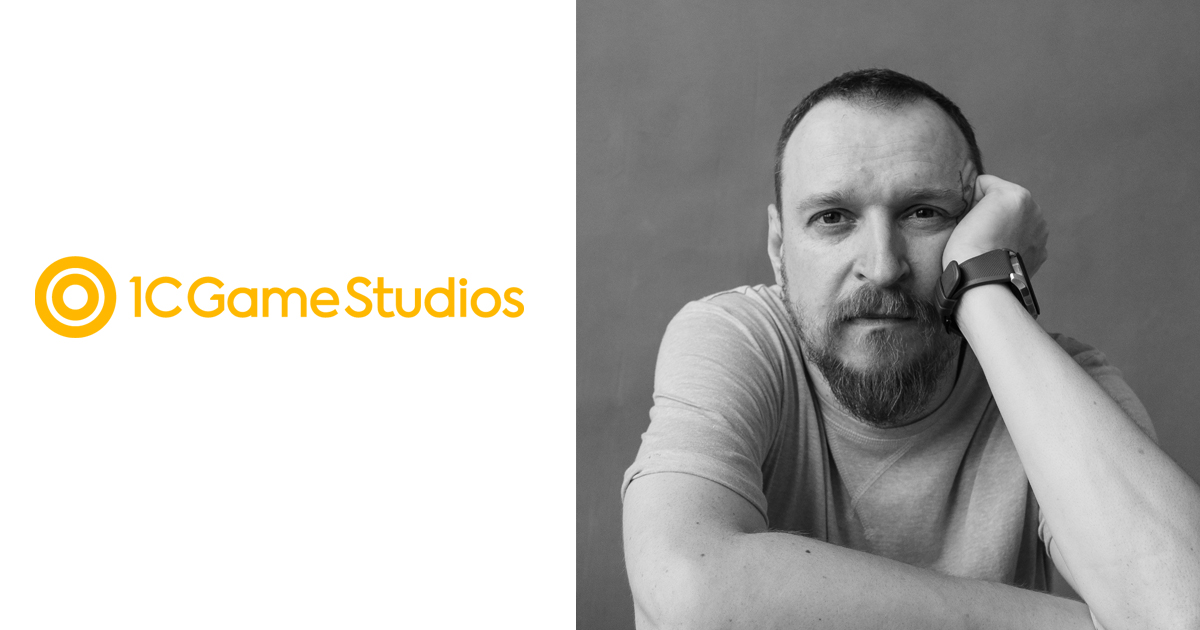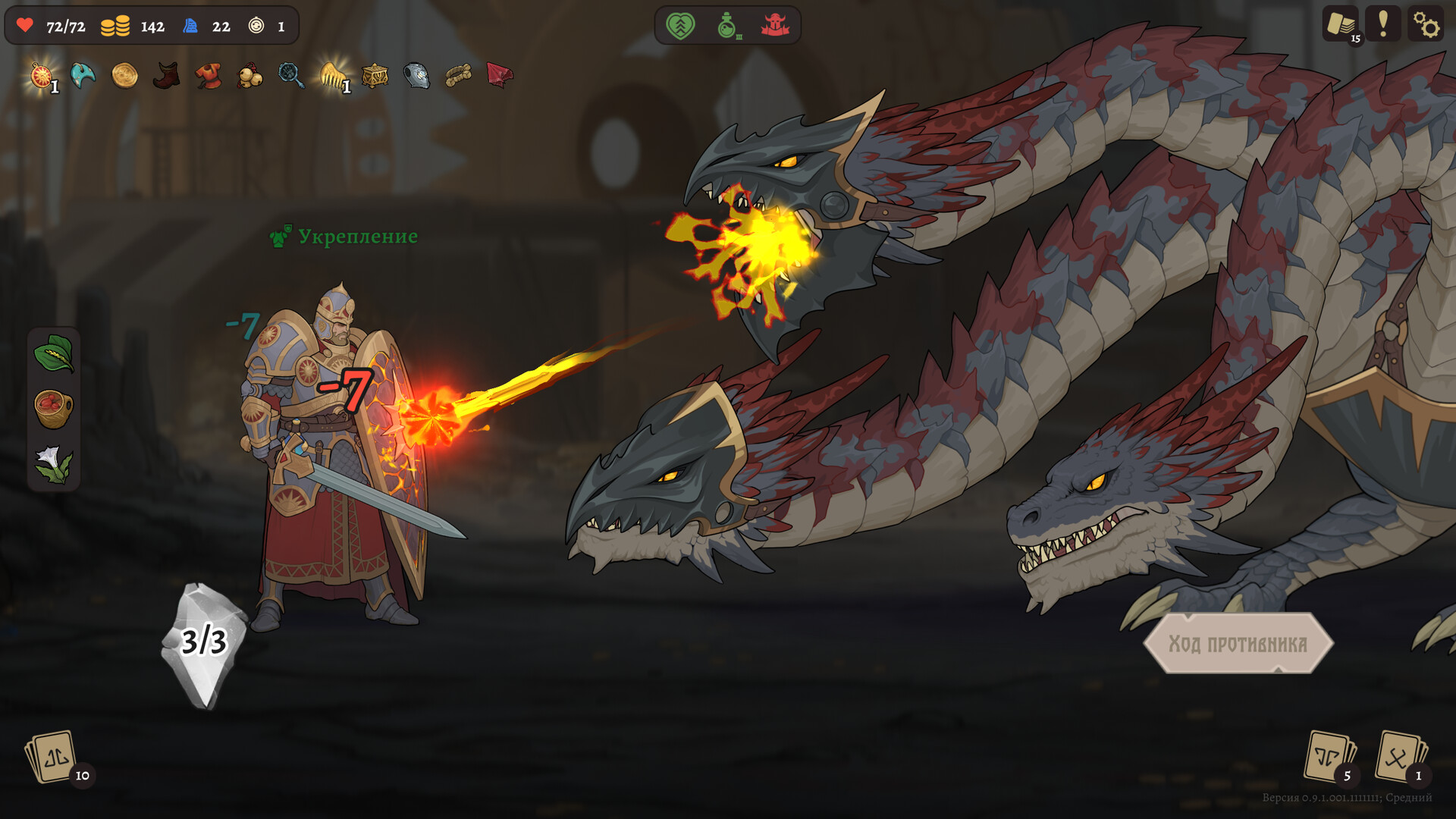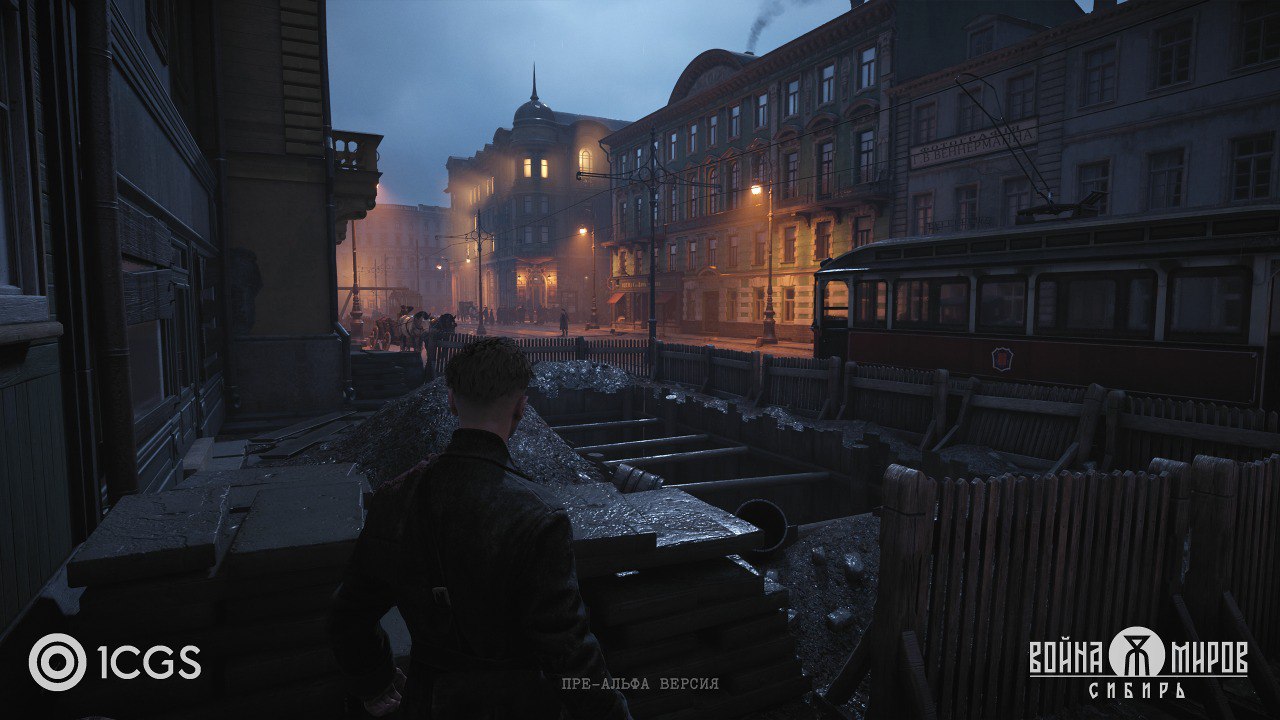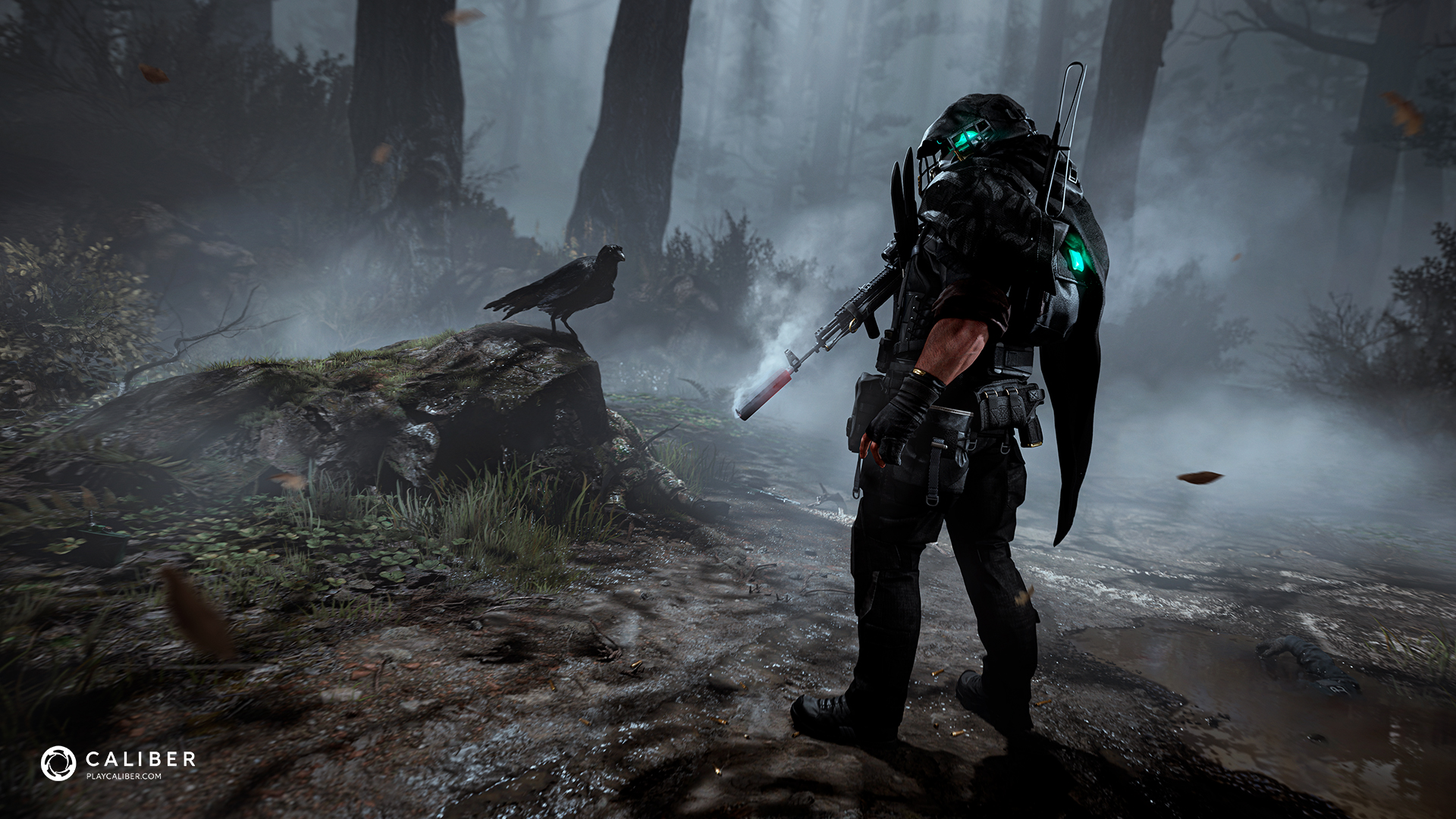We continue to review the outcomes of 2024 alongside top managers and experts in the gaming industry (and related fields). Up next is an interview with Albert Zhiltssov, the director of 1C Game Studios.
What kind of year was it for the company? What achievements would you like to highlight?
Two releases and one announcement of a new project. I consider this the most important. You can participate in as many intelligent industry discussions as you like, reflect on big and small questions. But if you consider yourself a game company and you're not releasing games, there's no point in your activities.
We have a busy life, we are always occupied with something, always trying to help those who are ready to do something themselves. We come when we're called (and we even fly in, if it's beyond the Urals or in the Caucasus). We teach what we know. We lead and assist six student teams making their own games, and we provide internships at the studio, teaching the profession and providing jobs.
The main point I highlighted in the first paragraph: "Caliber" receives version 1.0, and "Immortal: Tales of Old Rus" is released. Now everything depends on the players—if they like it, then we can grow and do even more, and hopefully, do it better. If not, we'll need to understand why and try to fix it, starting from scratch.
"Immortal: Tales of Old Rus"
The announcement of "War of the Worlds: Siberia" was, I think, very well received. This is very important to me because right now, big games are not being made in our country. It's difficult, it requires learning, and it's very expensive considering the current economic situation. And, of course, none of the investors around believed this venture would generate interest. They thought, an old book, who needs it, everyone's "on TikTok," "clip thinking," and so on. We believed that the time for serious themes and stories is coming, and even that it has already come. And the attention the announcement trailer received confirmed it. Now we don't just want to do it well, we also know that if we try, we're in for a reward. Amazing.
"War of the Worlds: Siberia"
How, in your view, has the situation in the gaming market changed?
It hasn't changed at all, except for the complication of the financial-economic situation. Money has become more expensive, even though it was never cheap. In all other respects, there's no change if we consider it on a macroscopic scale.
If we look at the details, a few important shifts have occurred. I can list many, but I'll highlight a few that make sense to me.
- In the government systems, it seemed they realized that it won't be possible to create a powerful video game industry simply by directive. This is very important: now, I hope, they will choose candidates for government assistance more carefully and with more creative criteria. I hope there will be less slogans, which always evoke a strong negative reaction from the audience. Always, in all times, experienced participants in the activity appreciate when such a powerful systemic machine can learn from mistakes. This is crucial, although perhaps not very noticeable yet.
"Korea. Series IL-2"
- We hosted "RED Expo." There were many fears and worries… It's pointless to say, but many. What if we have no games? What if no one shows up? What if we get criticized without a chance? But we didn't back down, and we did it. And yes, the consequences aren't very noticeable yet, but I felt a change, albeit a small one, in the attitude towards native game development. Surprisingly, the press, bloggers, and simply event guests were satisfied; there was surprise from them and us. I think both sides were pleased to realize that we can do something. That nothing is dead, and instead of a funeral, everyone ended up at a birthday party.
- The consequences will appear later, and, hopefully, will be expressed in successful releases of various games—both big and small in the coming years. Because we will become stronger if we can rely on players from our market, rather than continually trying to appeal only abroad, because local players here have been feared more than those speaking other languages in recent years. Of course, it's challenging to build something under such conditions, but I see the beginning of a small (important) change in attitude. We can move mountains if our own people support us.
"Caliber"
- There is a growing sobriety in understanding the "gold rush." Gradually, pragmatism is emerging, understanding that the gaming industry isn't a field of fools where you just bury your money hoping for a tree that will yield more money (we're not fintech). That there will be a lot of work, much more than in other industries. Success is not guaranteed, and even a good game might just go unnoticed among thousands of mediocre products being released. This is good, it means fewer random participants and more deliberate ones. It will be much easier to negotiate and build with them.
What kind of year was it for the genre in which you operate?
We're working in different genres. Flight simulators, card-based 2D roguelikes, multiplayer shooters, and now large narrative adventures. As for what kind of year it was for the industry, I’ve already answered that.
What strengthening or emergence of trends in your niche do you expect in 2025?
More accessible production tools, higher employee skill level, more loyal audience relations. We'll handle the rest ourselves.
What are the company's plans for the coming year?
We are preparing one release for next year (likely in an early access format) and possibly announcing another project. We have more plans, but we're not ready to promise anything now.
Making plans for the year around the holidays is naïve. Every next year always depends on the successes of the previous one, and our releases are traditionally in autumn or now, in December. The work we do is called high-risk for a reason. So, perhaps next year will be the best, or maybe the most challenging. Ask in spring 2025.





